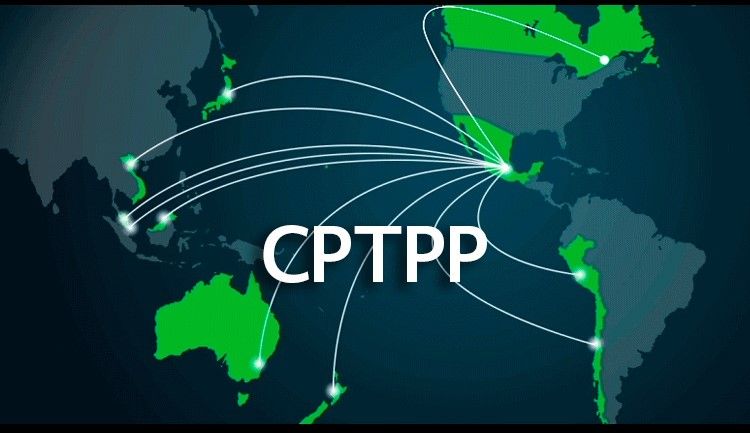The Canadian government reported that no member country of this trade bloc has commented on China‘s or Taiwan‘s applications to join CPTPP.
CPTPP (Comprehensive and Progressive Agreement for Trans-Pacific Partnership) is made up of Australia, Brunei, Chile, Japan, Malaysia, Mexico, New Zealand, Peru, Singapore, the United Kingdom and Vietnam.
Canada chairs the CPTPP Commission in 2024.
CPTPP membership applications
In addition to these two economies, Indonesia, Ecuador, the United Kingdom, Uruguay and South Korea have also applied to join the trade agreement.
China and Taiwan applied for membership in September 2021. Notably, the Canadian government said it has not taken a position on Taiwan’s or China’s applications. It added that neither have the other CPTPP Parties.
CPTPP Parties, including Canada, support the expansion of the Agreement to include economies that meet the “Auckland Principles,” i.e., are willing and able to meet CPTPP’s high-level standards and ambitious market access commitments, have a demonstrated track record of meeting their existing trade commitments, and are able to achieve consensus among CPTPP Parties.
United Kingdom
On February 1, 2021, the United Kingdom submitted its formal application to join CPTPP. Later, on March 31, 2023, negotiations between the United Kingdom and the members of the agreement were concluded. Finally, on July 16, 2023, CPTPP members formally approved the UK’s accession.
Currently, the United Kingdom is expected to join the bloc following ratification of the agreement by each of the member states and the United Kingdom itself. This agreement not only eliminates tariffs on products. It also includes commitments to liberalize services and investment. In addition, it establishes rules in key areas such as intellectual property, e-commerce and the environment.
CPTPP aims to foster innovation, productivity and competitiveness. To this end, it addresses emerging issues such as the digital economy and the role of state-owned enterprises in the global economy. It also incorporates new elements that seek to ensure benefits for economies at all levels of development and for companies of all sizes. It also establishes specific commitments focused on trade capacity building and development.

